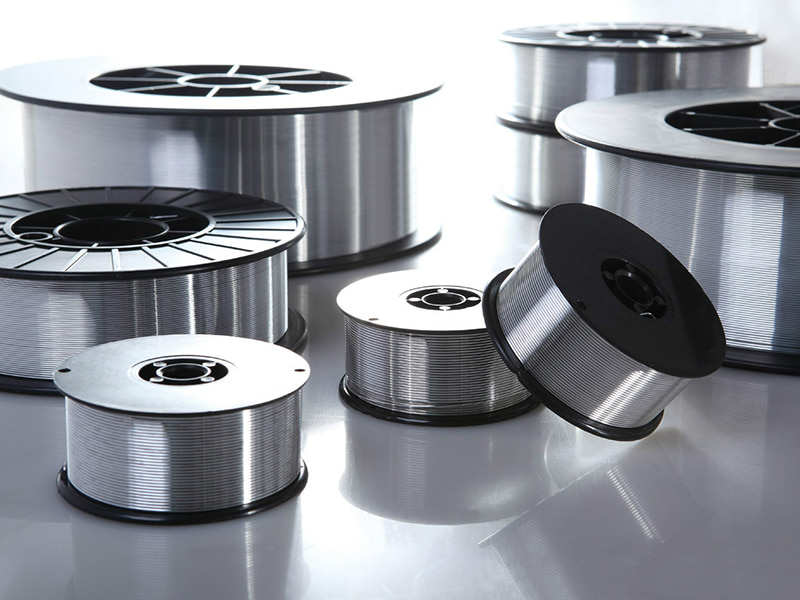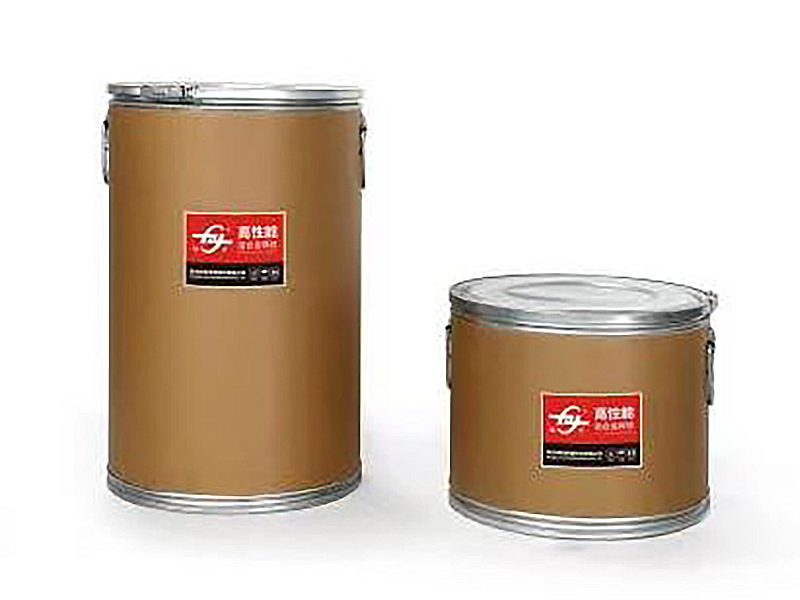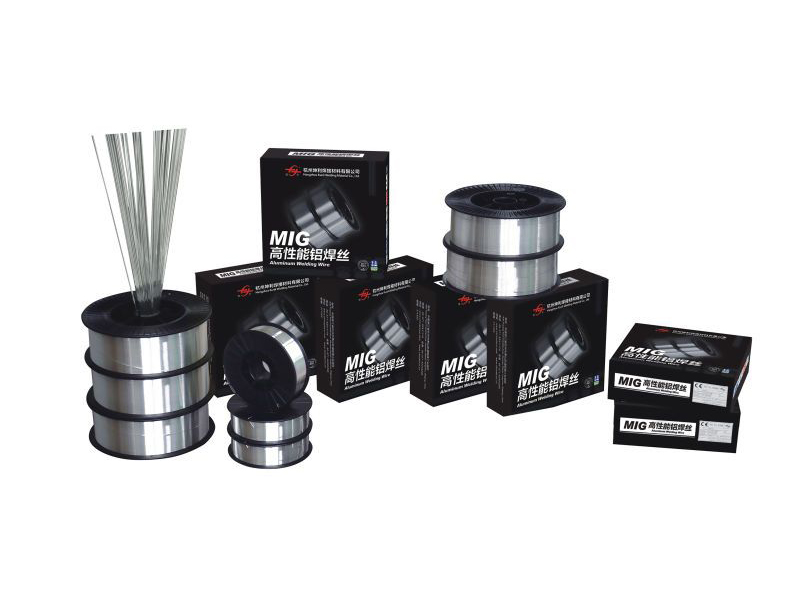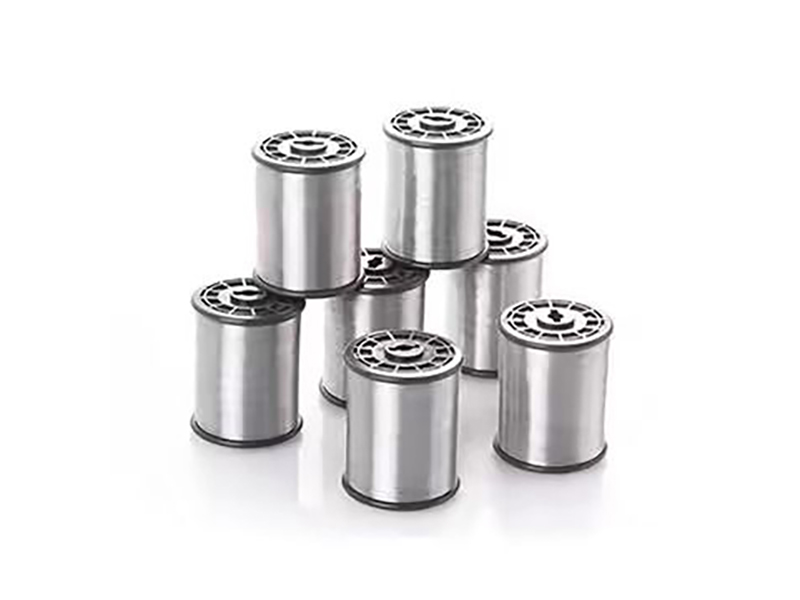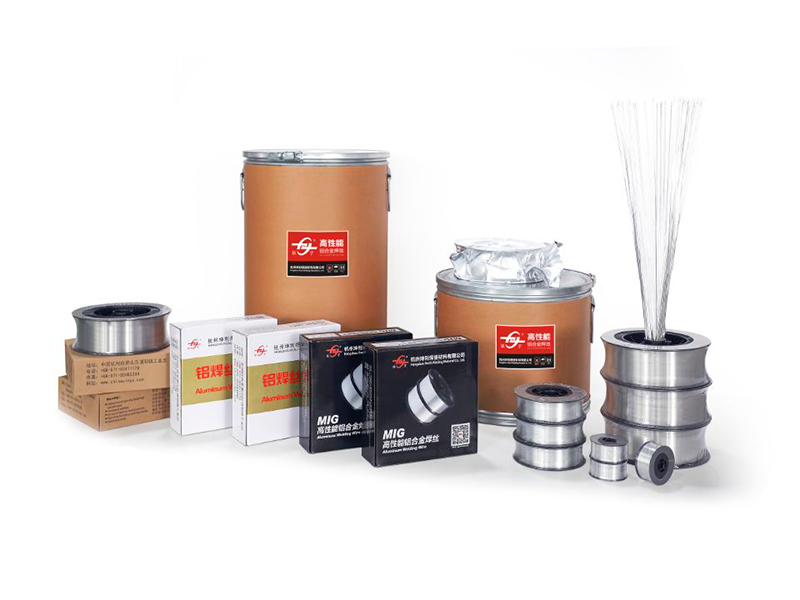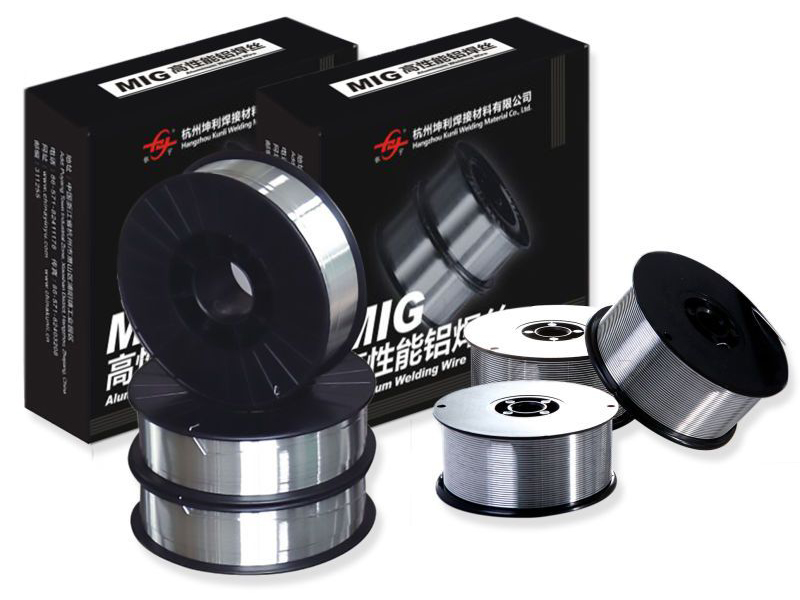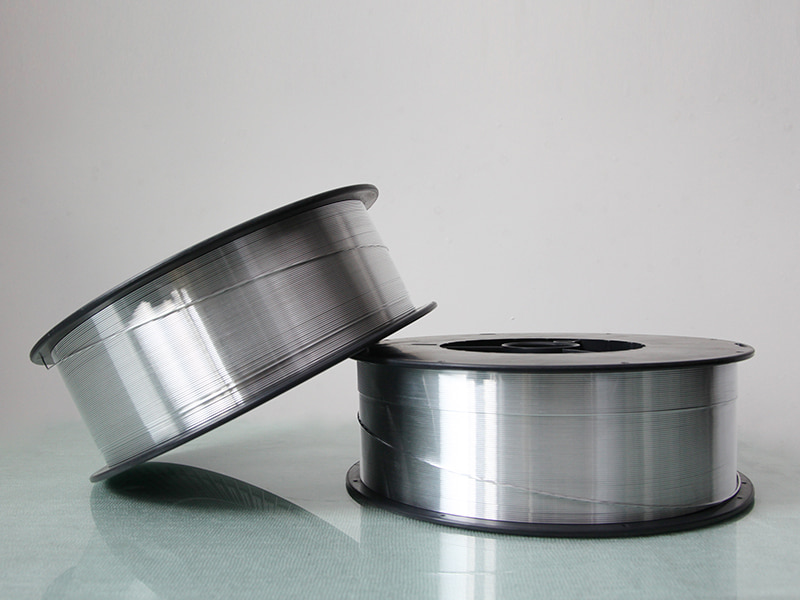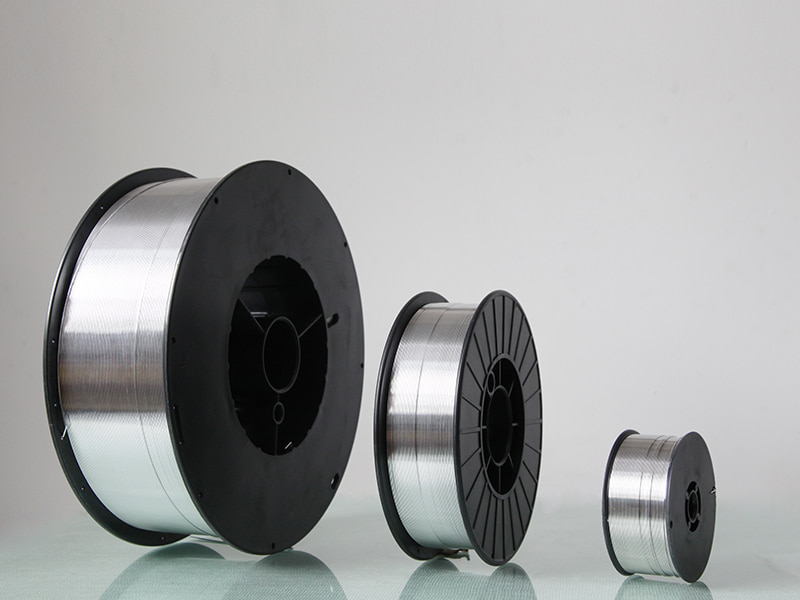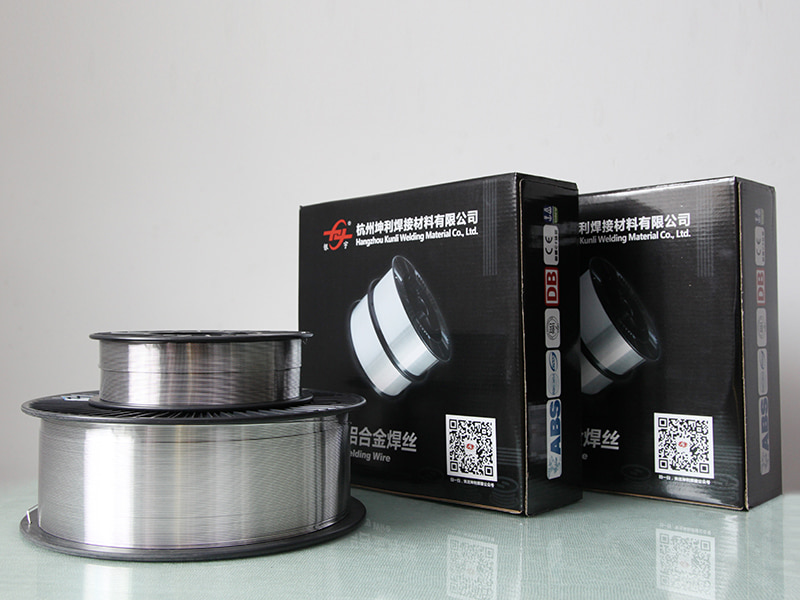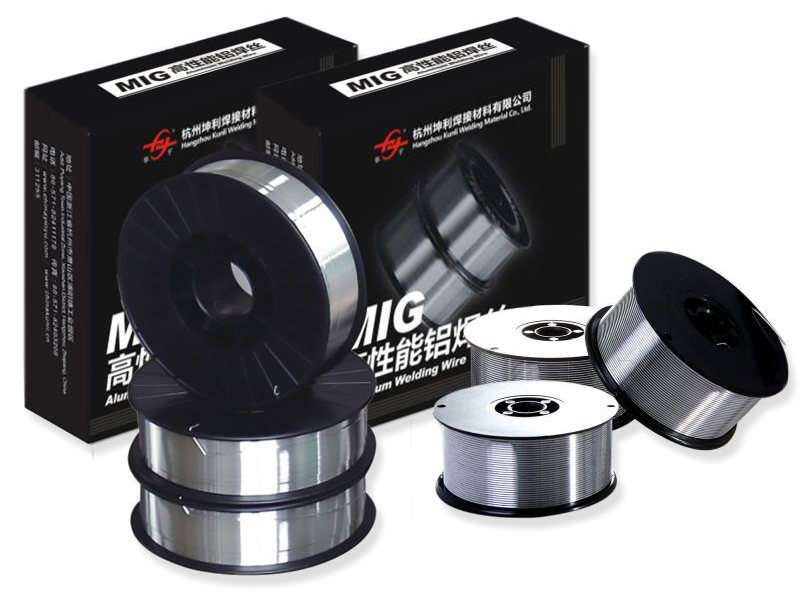Introduction
While some competitors use metal spools, we focus on high-quality, recyclable plastic spools (e.g., D100, D270, D300) for our aluminum MIG wire. Plastic spools offer several key advantages: they prevent rust/corrosion contamination of the wire (which metal spools can cause in humid environments), they are lightweight for shipping, and they eliminate potential electrical issues (arc deflection/short circuits) within the wire feeder. This focus ensures the wire remains pristine, offering the most stable arc and best feedability right down to the last turn.
Specification
| Spool Material | High-impact, recyclable plastic (e.g., ABS, PS) |
| Spool Sizes | D100 (1kg), D270 (7kg), D300 (8kg/10kg) and others |
| Key Advantage | Corrosion-free, reduced electrical interference, lightweight |
| Spool Design | Layer wound or precision layer wound based on wire diameter |
| Packaging | Sealed under vacuum or stretch-wrapped to spool |
Applications
General fabrication and welding in humid or coastal environments.
Use in portable welding machines where weight reduction is beneficial.
High-speed robotic welding where consistent spool weight and stability is required.
Any application where the prevention of arc deflection and equipment contamination is a priority.
Payment and Shipping
Shipping Cost: Lighter spool weight contributes to marginal savings in overall freight costs for large international shipments.
Bulk Order: Bulk packaging options for plastic spools optimized for container loads.
Custom Branding: Option for custom labeling or printing on the plastic spool for distributor programs.
 English
English Deutsch
Deutsch
 English
English Deutsch
Deutsch

